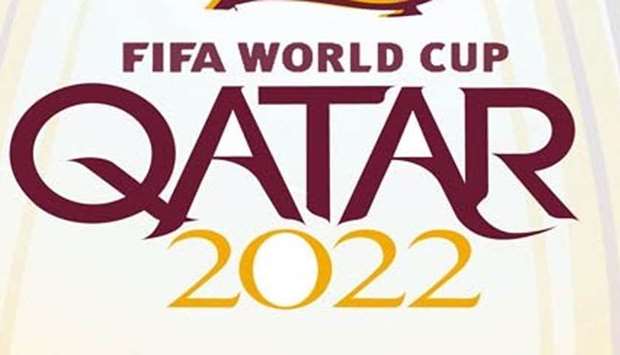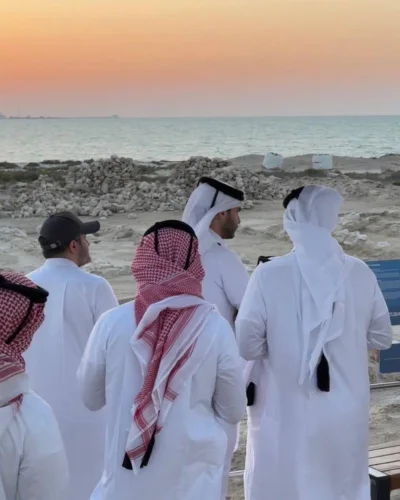The 2022 World Cup is expected to strengthen the economic momentum in
Qatar, which has the strongest public finances in the Gulf region,
according to Oxford Economics.
“Qatar is in the final stages of preparing the 2021 budget, which the
authorities pledged would be based on a $40 per barrel oil price,
suggesting limited fiscal headroom,” Oxford Economics said in a research
note on the Middle East and North African economy.
Nevertheless, public spending is likely to increase with more
traditional fiscal support as Qatar ramps up its preparation for the
FIFA World Cup football in 2022, it said.
Oxford Economics highlighted that Qatar government’s finances are in
“good health” and it has the smallest budget deficit in the Gulf
Co-operation Council (GCC) and has tapped the market by issuing a $10bn
bond.
The research note said Qatar is also encouraging foreign participation in the economy to stimulate the recovery.
The recently-approved property ownership law should give it a
competitive advantage over GCC peers. Non-Qataris will now be able to
secure residency for themselves and their families if they purchase
residential or commercial units in malls worth $200,000 or more in 25
designated areas.
An investment of $1mn will come with a permanent residency. This scheme
comes on the heels of more flexible laws regulating employment and
foreign investment.
“The new incentives for expats seem to already be bearing fruit, with
signs of stabilisation in house prices in Qatar, which should be
supported by other incentives,” Oxford Economics said.
Otherwise in the GCC region, it said, the recovery from the Covid-19
crisis underlines the importance of government policy in maintaining
growth momentum in 2021 and laying the foundations for sustained
recovery and further diversification of the economy.
The support provided by the GCC governments during the Covid-19 crisis
has been more limited than that seen in the US and much of Europe and
Asia, especially when factoring in fiscal consolidation that has offset
some of the Covid-19 directed support, according to the research note.
However, given the financial resources of several GCC economies and the
ease with which they have been able to raise funds on sovereign debt
markets, it also reflects a policy choice by governments, it said.
“The expected economic scarring in the GCC is a combination of
dependence on oil, the role of travel/tourism in the economy, the expat
exodus and modest fiscal support to date,” the research note added.




